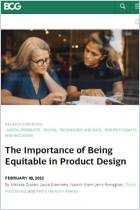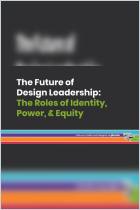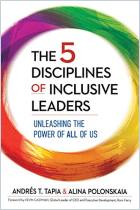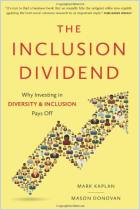This focused overview of Diversity, Equity and Inclusion (DEI) provides a road map to conceiving, designing, marketing and selling products that appeal to a wider range of diverse buyers. Author Annie Jean-Baptiste – who built and leads Google’s product inclusion team – makes a compelling case for product and service inclusivity. Her advice and examples from Google and firms across tech and other industries will aid any product manager aiming to build goods and services that sell well and serve more people.
Build inclusive products to do the right thing and gain competitive advantage.
Among the layers of diversity, equity and inclusion (DEI) that firms grapple with today, product and services DEI may fall through the cracks or never enter the discussion. When you build products and services with only the majority in mind, you neglect and possibly alienate a vast, diverse group of consumers, customers and clients. These groups represent trillions of dollars in purchasing power, making inclusive product design not only the moral course, but a sound, profitable business decision.
Creating inclusive products and services requires intent and commitment. It means planning for inclusivity upfront – before you begin designing a new product or service – as Google did, for example, when it built its Assistant product. Google tapped into its diversity affinity groups – groups that form around shared interests and “diversity dimensions,” such as Latina programmers.
By including a wide range of potential users in product design from the start, Google built a natural language-based tool...





















Comment on this summary or 开始讨论